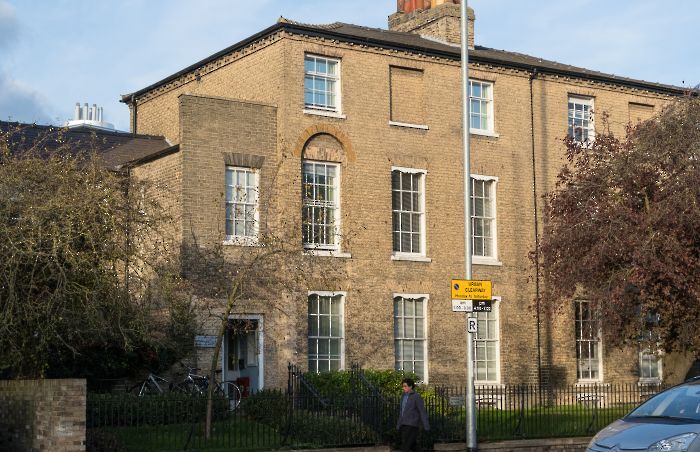Cambridge students seeking mental health support can now request a BME counsellor
A new trial policy is aimed to increase flexibility for ethnic minority students

Cambridge students seeking mental health support will be given the option to request they are seen by a BME counsellor as part of a new trial being rolled out by the University.
The change, which was advocated by the two students’ unions, is aimed to increase flexibility for non-white students when they seek support from the University Counselling Service (UCS).
Micha Frazer-Carroll, CUSU/GU welfare and rights officer, described the option, which is being tested in a year-long trial, as a “great step towards culturally-specific welfare support for students”.
New guidance on the UCS’s website says: “We understand that some students would prefer to be seen by a BME counsellor, and this can be requested on the pre-counselling form, however it may have an impact on waiting times”.
Last year, a quarter of students accessing the UCS were BME, roughly equal to the overall proportion of non-white students. Frazer-Carroll said a significant number of students had asked her if they could receive support specifically from a BME counsellor.

“The BME counsellors initiative has been a key focus of mine supported by both sabbatical teams this year, from encouraging diversity in hiring processes, to pushing for this new system,” Frazer-Carroll said. “I’m delighted that the Counselling Service has been receptive to the survey report, and would urge BME students needing counselling to utilise this trial period.
“I see this as a great step towards culturally-specific welfare support for students; which acknowledges how race interacts with mental health, both within the therapeutic relationship and outside of it.”
She added there was “still some way to go in terms of support for BME students”, saying that the Counselling Service and other support services “might consider training on working interculturally, as well as reflecting diversity in service-organised support groups to lift the load of organising support networks from students.”
A University spokesperson said: “The counselling service is open to all and provides an invaluable service to its student clients. Feedback from students who use the service shows they too value and appreciate it. Further feedback from external student representatives suggested that, though the service currently employs several BME staff members, highlighting access to a specific BME counselling provision could benefit our already excellent service.”
Got a story for us?
Seen something you think Varsity should be talking about? Contact our News team at news@varsity.co.uk.
In a report presented to University administrators based on a survey of BME students about their experience of counselling, CUSU concluded that there was “a need for increased, clearer, and more explicit channels by which BME students can access BME counsellors”. It said BME students “face unique pressures, including alienation, structural discrimination, a lack of representation, and unconscious bias in the institution.”
The report argued that the option to see a BME counsellor should be treated in the same way as a request to see a counsellor of a specific gender, which students are already encouraged to add to the pre-counselling form should they have a preference.
Writing for Varsity in December alongside Florence Oulds, CUSU disabled students’ officer, Frazer-Carroll called for mental health problems experienced by BME people to receive different treatment. People from minority ethnic groups in the UK are more likely to be diagnosed with mental health problems, and a study from 2009 showed black people were 17.1% more likely access mental health services. The disparity is particularly striking for certain acute conditions such as psychosis.
One BME student, who wished to remain anonymous, described the system under trial as “an important step towards ensuring a nuanced approach to the mental health of students.”
“Despite my great experience with the UCS, knowing that I could speak with a counsellor who had worked with and shared experiences with students from different cultural and ethnic backgrounds would definitely have prompted me to seek support for my mental health sooner,” they said.
 News / Uni to ‘review’ tripos rankings and weekend lectures in undergrad teaching overhaul10 April 2025
News / Uni to ‘review’ tripos rankings and weekend lectures in undergrad teaching overhaul10 April 2025 News / Rowing row continues as Oxford and Cambridge scrap women’s trial race9 April 2025
News / Rowing row continues as Oxford and Cambridge scrap women’s trial race9 April 2025 Comment / Death of the June Event?9 April 2025
Comment / Death of the June Event?9 April 2025 Features / Cambridge: where toxic productivity turns rest into a radical act8 April 2025
Features / Cambridge: where toxic productivity turns rest into a radical act8 April 2025 News / Under 3% of applicants for Cambridge academic jobs are successful7 April 2025
News / Under 3% of applicants for Cambridge academic jobs are successful7 April 2025







